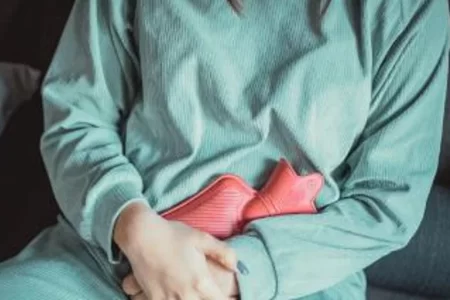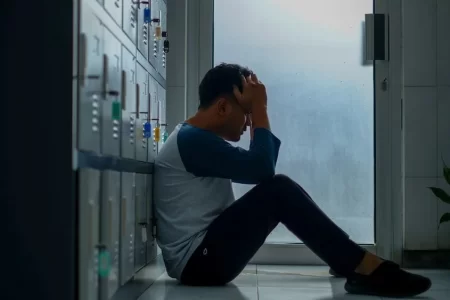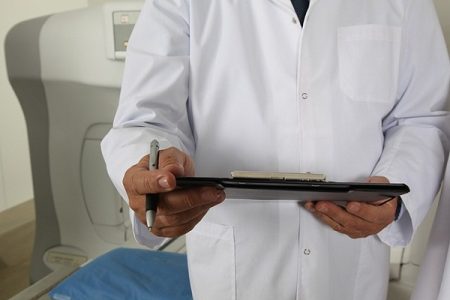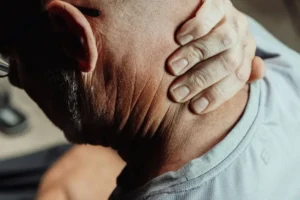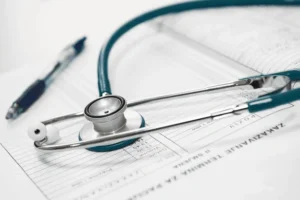Common Causes of Rectal Pain
- Updated on: Jul 10, 2024
- 3 min Read
- Published on Apr 8, 2019
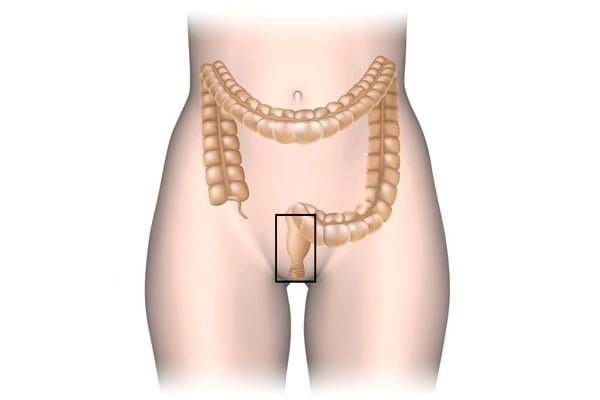

Rectal Pain
Rectal pain is the pain or discomfort which occurs in the lower portion of the gastrointestinal tract. This type of pain is quite common and the causes are rarely life-threatening. Rectal pain can result from constipation, bout of muscle spasms, hemorrhoids or due to certain inflammatory bowel diseases or minor injuries in the rectum region or due to localized infections.
Signs and Symptoms of Rectal Pain
Rectal pain is associated with certain specific symptoms such as:
- The affected skin may get prolapsed
- Pressure
- Rectal bleeding
- Itching
- Stinging
- Fluid Discharge
Causes of Rectal Pain
The most common conditions which result in the rectal pain are as follows:
Minor Injury or Other Trauma
There are a large number of situations in which trauma or injury to the rectum or anus region can lead to the development of rectal pain. Such injury can also occur during sex or masturbation or due to a hard fall or injury during certain physical activities.
Sexually Transmitted Disease (STD)
STDs spread from the genitals to the rectum area or through infections which are transmitted during such as anal sex. STDs which commonly lead to rectal pain include Chlamydia, herpes, gonorrhea, human papillomavirus (HPV) and syphilis.
Anal Fissures
Anal fissures can cause small breaks or tears in the thin tissue which lines the opening of the rectum region. They are extremely common in infants and women who have recently given birth.
Fissures can also develop when hard or large stools stretch the lining of the rectum region and thereby tear the underlying skin. These fissures heal slowly as the bowel movement further irritate and inflame the affected tissue. Anal fissures also lead to the development of hemorrhoids, which can also cause severe rectal pain.
In fact, hemorrhoids are considered to be one of the common causes of rectal pain worldwide. Most people develop painful hemorrhoids at some point in their life. Read about how to get rid of hemorrhoids.
Muscle Spasm (Proctalgia Fugax)
Proctalgia fugax is a type of rectal pain which is caused by muscle spasms in the rectal muscles. Muscle spasms affect twice the number of women as compared to men and usually occur in people in 30-60 years age group.
Anal Fistula
Anus is surrounded by large number of small glands which secrete oils to provide lubrication to the anal skin. If one of these glands becomes blocked, it leads to the formation of an infected cavity known as abscess.
Most of the abscesses around the anus region develop into fistulas or small tunnels that join the infected gland to an aperture in the anus skin.
Perianal Hematoma
Perianal hematomas are sometimes referred as external hemorrhoids. A perianal hematoma occurs when accumulation of blood occurs into the tissues around the anal opening. When the blood gets collected in a particular region, it forms a lump at the anal opening.
Solitary Rectal Ulcer Syndrome
Solitary rectal ulcer syndrome is a condition which leads to the formation of ulcers in rectum area. Ulcers are open sores which bleed and draw off fluid. The cause of this rare syndrome is not clearly known, but some researchers believe that it is associated with chronic constipation.
Tenesmus
Tenesmus is type of rectal pain which is caused due to cramping. It is mostly associated with inflammatory bowel diseases (IBDs).
There are chances that tenesmus can occur in people who do not suffer from IBD. In these cases, it occurs due to specific movement or motility disorders of the GI tract. The most common motility disorders that occur in people include constipation and diarrhea.
Inflammatory Bowel Disease (IBD)
IBD is a group of intestinal disorders which cause inflammation, pain and bleeding in the digestive tract and the rectum region. The two most common IBDs that occur in people include Crohn’s disease and ulcerative colitis (UC). They affect about 3 million American adults. Symptoms of IBD depend upon the type of IBD from which you suffer.
Proctitis
Proctitis results in the inflammation of the rectum lining. It is a common problem in people with IBD, but it can affect other individuals as well. STDs and radiation therapy during cancer can lead to occurrence of proctitis.





